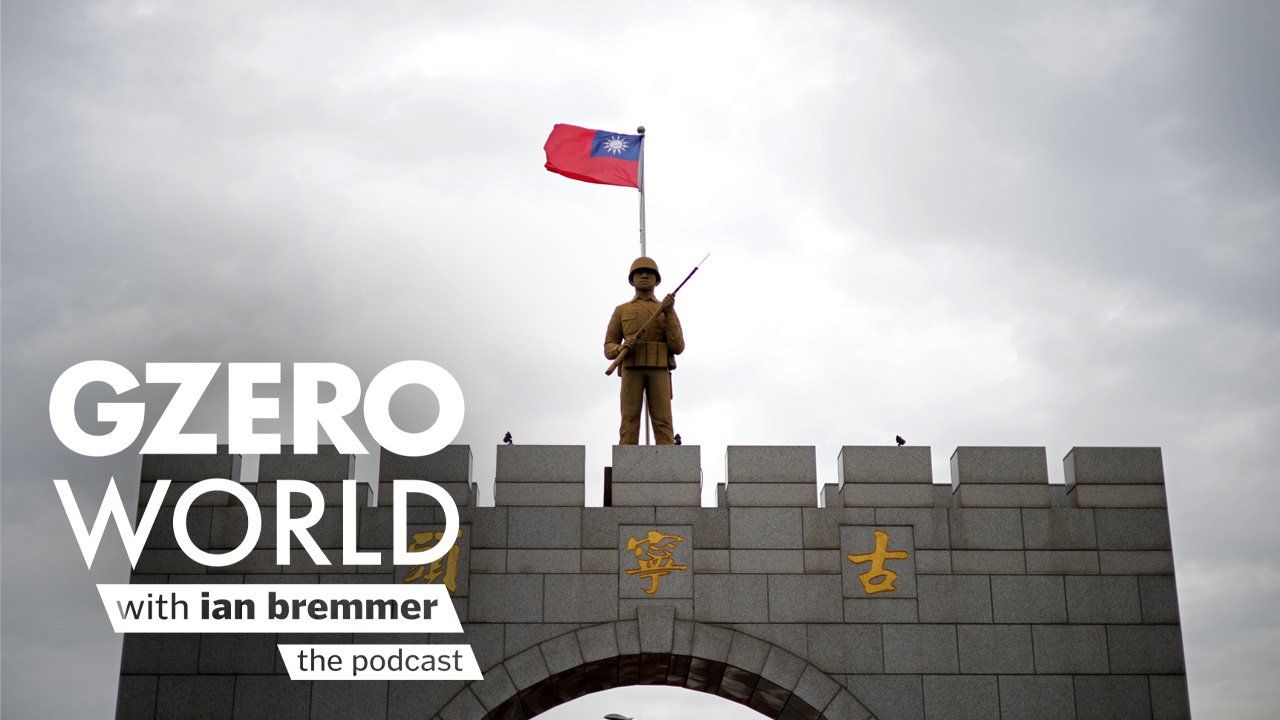GZERO World with Ian Bremmer Podcast
June 07, 2025
On this week’s GZERO World Podcast, Ian Bremmer sits down with Bonny Lin, director of the China Power Project at the Center for Strategic and International Studies, for a look at one of the most dangerous flashpoints in the world: the Taiwan Strait. China has been conducting drills around Taiwan for years, but since the current pro-independence president, William Lai, took office in 2024, Beijing has been staging near-daily military exercises near the island–larger, louder, and more aggressive than ever before.
Lai has pledged to boost defense spending, strengthen ties with the US, and reduce Taiwan’s economic dependence on China. But Lai faces serious political headwinds at home. His party lost its majority in parliament, and he’ll have to navigate a deeply divided government to get anything done. Meanwhile, Chinese President Xi Jinping says reunification with Taiwan is a national priority and has made it clear Beijing won’t hesitate to take the island by force if necessary. The stakes are global: A war in the Strait would reshape the world economy, drag in major powers, potentially triggering the deadliest military conflict in the Asia-Pacific since World War II. So how far can China push, and how long can Taiwan hold out, before a crisis becomes inevitable?
Subscribe to the GZERO World Podcast on Apple Podcasts, Spotify, Stitcher, or your preferred podcast platform, to receive new episodes as soon as they're published
More For You
- YouTube
Is Trump permanently redefining the American presidency? On Ian Explains, Ian Bremmer breaks down the political revolution President Trump has launched from the White House.
Most Popular
Think you know what's going on around the world? Here's your chance to prove it.
Pro-government supporters holding a Venezuela's flag attend a rally against U.S President Donald Trump in Caracas, Venezuela August 14, 2017.
REUTERS/Ueslei Marcelino
When they meet at the White House today, Venezuelan opposition leader and Nobel Peace Prize winner María Corina Machado will seek to convince US President Donald Trump that it was a mistake to back Delcy Rodríguez as interim leader of Venezuela.
© 2025 GZERO Media. All Rights Reserved | A Eurasia Group media company.
